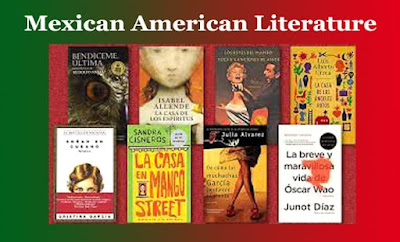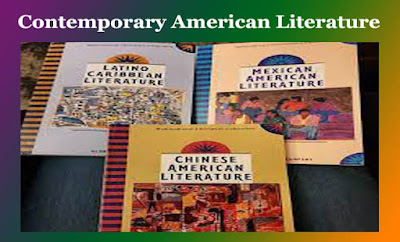History of American Short Story
History of American Short Story
History of American Short Story
Introduction:
The history of the American short story is a rich and diverse tapestry that has evolved over centuries, reflecting the changing cultural, social, and literary landscapes of the United States. Here is a brief overview of the history of the American short story:
History of American Short Story - Overview
Early Influences (1600s–1800s):
The earliest American short stories were often influenced by European literary traditions.
Early American authors, such as Washington Irving and Nathaniel Hawthorne, contributed to the development of short fiction during the Romantic period.
Edgar Allan Poe is considered a pioneer in the American short story, known for his tales of mystery, macabre, and psychological complexity.
Realism and Regionalism (Late 1800s–Early 1900s):
The late 19th and early 20th centuries witnessed the rise of realism and regionalism in American literature.
Writers like Mark Twain, Ambrose Bierce, and Sarah Orne Jewett embraced short fiction to depict everyday life and regional characteristics.
The Golden Age (1920s–1940s):
The interwar period is often considered a golden age for the American short story.
F. Scott Fitzgerald, Ernest Hemingway, and William Faulkner are notable figures who made significant contributions during this era.
The popularity of literary magazines and the advent of pulp magazines provided a platform for short fiction.
Modernism and Experimentalism (1920s–1950s):
Modernist writers, such as Gertrude Stein and Ernest Hemingway, experimented with form and language in short stories.
The emergence of the Harlem Renaissance introduced new voices, including those of Zora Neale Hurston and Langston Hughes.
Post-World War II to Contemporary Period:
The post-World War II era saw the continued evolution of the American short story.
Flannery O'Connor, J.D. Salinger, and John Cheever were influential writers during the mid-20th century.
The 1960s and 1970s brought about the rise of minimalism, with authors like Raymond Carver making a significant impact.
Diversity and Expansion (Late 20th Century–Present):
The late 20th century and beyond witnessed an increasing diversity of voices in American short fiction.
Authors like Alice Walker, Amy Tan, and Jhumpa Lahiri explored themes of identity, multiculturalism, and diaspora.
The emergence of contemporary literary magazines and online platforms continues to provide opportunities for new voices in the short story genre.
Current Trends and Themes:
Contemporary American short stories explore a wide range of themes, including identity, social issues, and the impact of technology.
Authors like George Saunders, Chimamanda Ngozi Adichie, and Karen Russell contribute to the vibrancy and diversity of the genre.
Conclusion:
The American short story has evolved from its early roots to become a dynamic and integral part of the country's literary tradition. With a legacy that encompasses realism, modernism, postmodernism, and a myriad of voices, the American short story remains a powerful form of artistic expression. 0 0 0. History of American Short Story
You May Like:










Comments
Post a Comment